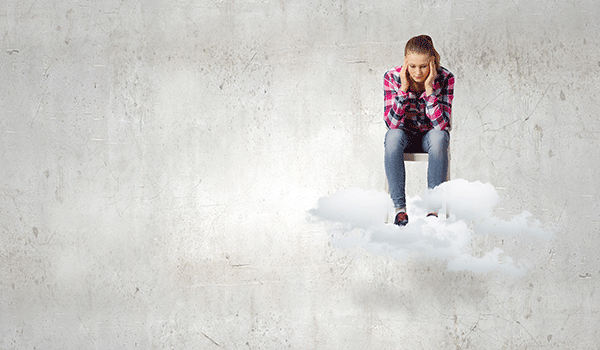
As we see new strains of SARS-COV2 surge around the world and encouragement from the authorities to continue to adhere to safety protocols, you’re probably feeling the pressure of isolation. Perhaps, you have a chronic illness and have voluntarily decided to stay away from everyone so you don’t exacerbate the illness. Or perhaps you have vulnerable loved ones and you have stayed away out of your concern for them. The reality remains however that humans are social creatures and no matter how introverted you are, you might feel isolated.
Is this you? Then this is the right post for you.
If you’re feeling isolated and have been experiencing feelings of sadness and frustration as a result, you are not alone, and please know that this is normal. In this post, we’ll talk about what you can do to beat those feelings of isolation. Here we go.
Get away from your screen
Sitting in front of a screen every day can have an impact on how increasingly isolated a person can feel. For instance, it is likely that as you’re on your computer or phone, you are visiting social media websites.
Although there aren’t longitudinal studies that definitively show that social media can have a negative impact on our mental and emotional health, there seems to be a correlation.
That other person bought a house during the pandemic? The other person made a million dollars in their business? Or someone had a baby?
If all these are milestones you want to achieve but haven’t yet, you can begin to look down on your journey and downplay your accomplishments.
So while a little bit of online escapism never harmed anyone, once work is over for the day, step away from your screen and engage in some other activity.
Don’t give up on your exercise routine!
Speaking of finding other activities to engage in, exercise is a great one to get started with.
Whether you already have an exercise routine or are just getting started, incorporating 30-60 minutes of exercise in your daily routine will boost your mood and help to reduce those feelings of isolation.
- Take a walk
- Take a run
- Turn on videos from trained professionals like the ones at Fitness Blender.
Join online mixers, conferences and networking events
If you have not yet participated in non-work online mixers and networking events, this is your cue. Although they are not as exciting as real events, the opportunity to chat with other people and meet new people is still as real with online events as they are with offline events.
The best thing about this is that you don’t need to be in a geographical location to attend events.
So don’t rule them out! You can use tools like Facebook Events, MeetUp.com, and LinkedIn to find online events to attend.
Speak to your therapist or mental health professional
Mental health professionals are equipped with tools that will help you cope with the feelings of isolation you’re experiencing. You are not weak for wanting to speak with them about what you’re experiencing.
Make an appointment with them today.
If you don’t have a therapist or mental health professional, there are apps that now advertise themselves as “a therapist at your fingertips.” Why not try some of those apps to see if they work for you?
Meet with people with the appropriate CDC guidelines
If and when possible, meet with people who are still comfortable for you to engage with. However, it will still be important to wear masks and practice handwashing guidelines as laid out by the CDC guidelines.
It’s normal to feel isolated, especially now. So if you find that you’re struggling, don’t hesitate to get the help you need quickly.

